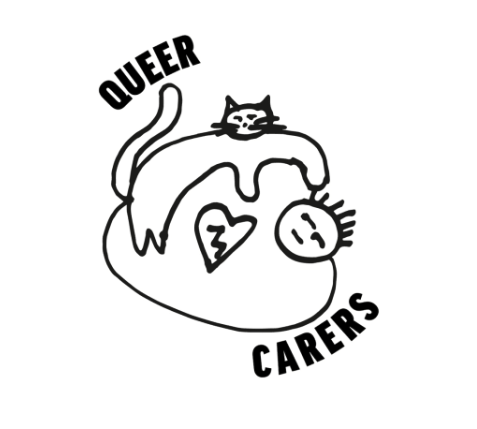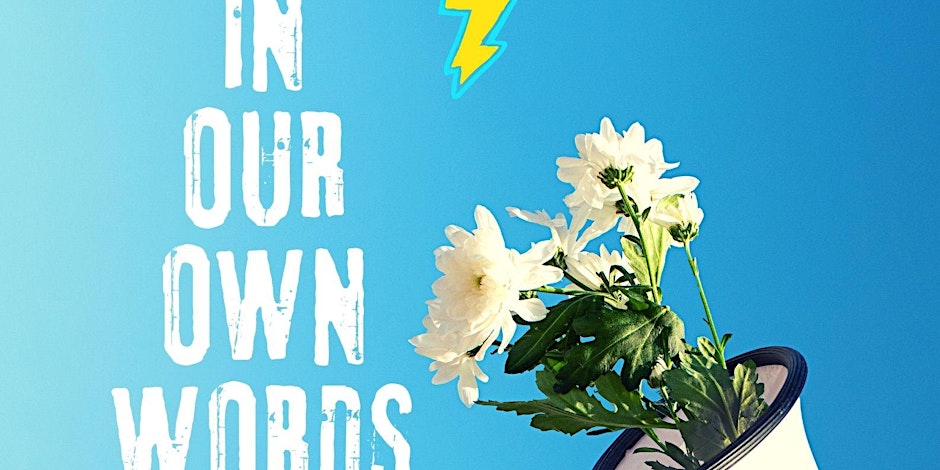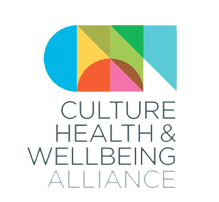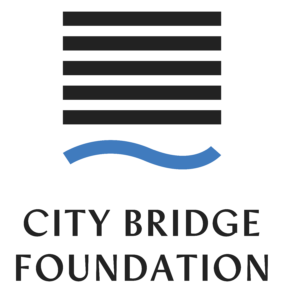From our friends at QueerCircle a new programme of monthly events and online support forums…

Social Care Roundtable
Social Care Roundtable
On Jan 26th NCCH and the All-Party Parliamentary Group for Arts, Health and Wellbeing held our third roundtable as part of the Creative Health Review, on the timely and important theme of social care. Looking at social care right across the life course, our panellists demonstrated how creativity is being used to support the health and wellbeing of people accessing social care services. We also considered how creative health can help to tackle the challenges currently faced by the sector, and how, through creativity, we can reimagine our approach to care, building a system that allows people to thrive.
Creativity and Social Care in Practice
We began with an introduction to Plus One based in Derby Theatre, a gateway to creative and cultural opportunities for care experienced young people across the city, through a range of initiatives including free access to shows and creative mentoring, linking professional artists with young people. Mentors not only help young people to meet their artistic potential, but also provide educational, social and emotional support. Plus One is embedded in Derby City Council’s approach to supporting looked after and care experienced young people and their families, working with foster families, offering mentoring in residential homes and supporting young people with employment and volunteering. Young people are also offered the opportunity to coproduce their own work, together with freelance artists. Their most recent piece, Odyssey, a virtual reality audio play, has been nominated for a Stage Award.
“The dynamic that allowed the safe space to be so effective was the community building through a mutual love of creativity, and the desire to express and feel heard and represented in the art made by the young people. The fact that we all happened to be care experienced felt secondary to this.” – Lucy James
Lucy James, an alumni of Plus One now working as a professional composer and musical director, described the solace and escapism that music and songwriting provided from her childhood experience of domestic abuse. After a period of poor mental health, joining Plus One with the support of her foster family helped her to overcome social anxiety and provided the opportunity to write and perform her own original material, ultimately leading her to a degree at the Academy of Contemporary Music. Lucy is also working as a freelance researcher looking into the benefits of songwriting for care leavers. Having experienced the sense of identity and belongingness afforded by Plus One, Lucy highlighted the importance of equitable access to these opportunities, and recommended that similar programmes are embedded in systems as part of a robust social care offer.
A vital but often overlooked component of the social care sector are carers. Anndeloris Chacon, CEO of Bristol Black Carers outlined the range of support the organisation provides to carers and, as a poet herself, believes that the arts are integral to health and wellbeing. Bristol Black Carers provides activities including painting, craft, African drumming and creating memory boxes to help carers feel free from the burden of care.
“Yes they are learning a skill, but they are also giving freedom to their soul.” – Anndeloris Chacon
Bristol Black Carers joined Rosetta Life as part of an alliance of organisations, HeArt of Care, which explores representations, perceptions and understandings of care, and the balance between caregiving, self-care and prevention of burnout through creativity. Lucinda Jarrett of Rosetta Life described how the alliance produced responses including poetry, creative journalling. With Bristol Black Carers they focused on dance and creative movement, using touch as a supportive moment for both carer and caregiver. A film of this process can be viewed here.
Creative activities can be particularly impactful in residential care home settings. National charity Live Music Now uses music for positive change in communities including care home settings for older people and people with dementia. They deliver evidence-based and tested programmes, which improve the wellbeing of both residents and staff. Programmes include a workforce development and skills training element, building confidence in staff to deliver creative activities. Strategic Director, Douglas Noble, described the process as ‘a three-way partnership between the musicians, the care teams and the people that live in the care homes’. Appleby House in Epsom is an example of a care home that has fully embraced creativity, and worked with Live Music Now as part of a 10-week residency. Manager Shona Bradbury, Lifestyle Lead, Tracey Judd and resident, Patricia Redvers-Smith described how much both staff and residents enjoyed the programme. Shona has gathered evidence of improvements in appetite, sleep and confidence in residents as well as decreases in distress and anti-psychotic drug use. She credits the focus on creativity in the care home as a major factor in staff satisfaction and the home’s outstanding rating from the CQC.







